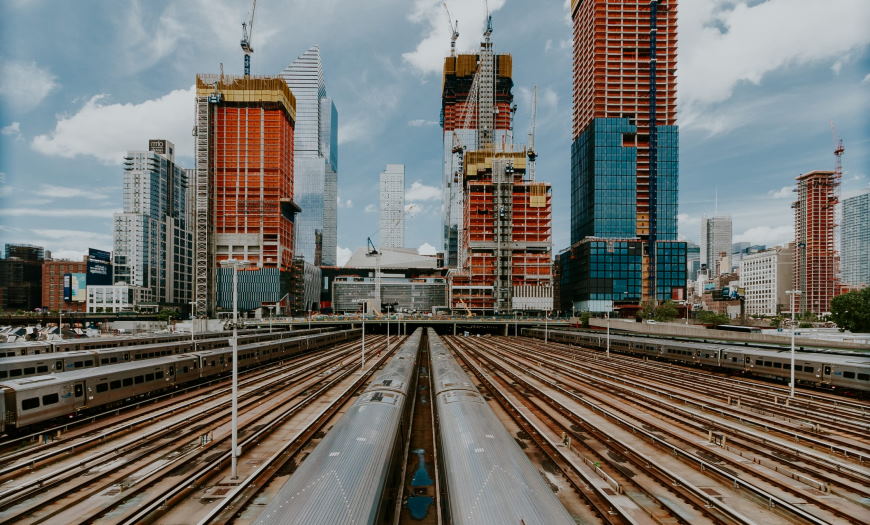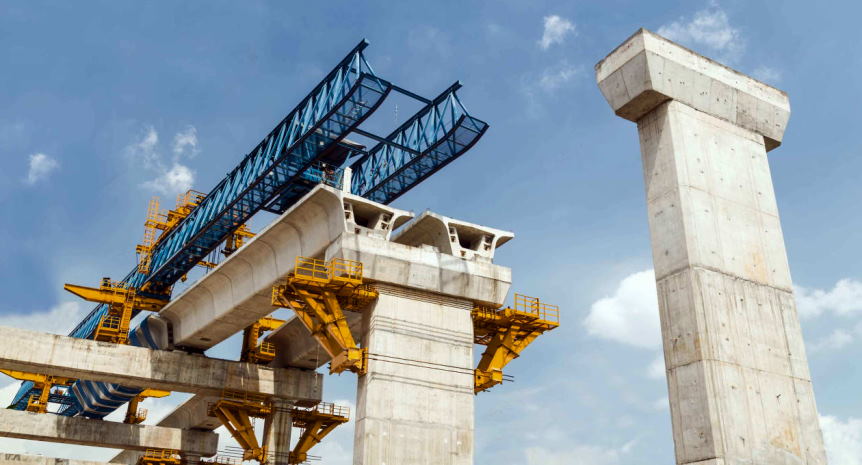- 2021-11-24
- Posted by: Floyd Pineiro
- Category: Entrepreneurial Decision


States and municipalities are constantly looking for ways to fund new infrastructure projects. While there are many options available, one of the most beneficial is to invest in infrastructure projects. Not only does this provide much-needed improvements to essential services, but it can also have a positive impact on the economy. In this blog post, we’ll take a closer look at some of the economic benefits of investing in infrastructure.
The long-term impact of infrastructure investments
A number of economic benefits can be gained by investing in infrastructure. These benefits include:
- Increased Productivity and Economic Growth
Investing in infrastructure can lead to increased productivity and economic growth. This is because improved infrastructure helps businesses to operate more efficiently and effectively, leading to higher output and sales levels. Additionally, better infrastructure can attract new businesses and investment into an area, further boosting economic growth.
- Improved Living Standards
Investing in infrastructure can also improve living standards for people in an area. This is because improved infrastructure leads to better access to essential healthcare, education, and transportation services. It can also improve environmental conditions by reducing pollution and providing better access to clean water and sanitation facilities.


- Job Creation
Investing in infrastructure can also create jobs. This is because the construction and maintenance of infrastructure projects requires a large workforce. Additionally, the improved productivity and economic growth resulting from investing in infrastructure can create even more jobs as businesses expand and new businesses move into an area.
- Reduced Congestion and pollution
Better infrastructure can help to reduce congestion and pollution levels in an area. This is because it can help improve traffic flow, making journeys quicker and smoother. Additionally, better public transport options can encourage people to leave their cars home, reducing congestion and pollution levels.
- Improved Trade and Investment
Improved infrastructure can also lead to improved trade and investment. This is because it can make it easier for businesses to transport goods and services to market and make an area more attractive to potential investors.
In conclusion, there are a number of economic benefits that can be gained by investing in infrastructure. These benefits include increased productivity and economic growth, improved living standards, job creation, reduced congestion and pollution, and improved trade and investment. Thus, investing in infrastructure is a sound economic decision that can bring many rewards.


Why is it important to invest in infrastructure?
There are many reasons why investing in infrastructure is so important. But, perhaps the most important reason is that infrastructure plays a vital role in the economy. It is the backbone of our economy, and without it, businesses would be unable to function properly. Furthermore, infrastructure also plays a critical role in creating jobs. In fact, according to a study by the Brookings Institution, every $1 spent on transportation infrastructure generates approximately $1.59 in economic activity.
Another key reason why investing in infrastructure is so important is that it helps to improve our quality of life. For example, updated roads and bridges can help to reduce traffic congestion and shorten our commutes. Improving public transit can also make it easier for people to get around and provide them with more transportation options. Additionally, investing in infrastructure can also help improve our communities’ safety.
In conclusion, there are many reasons why investing in infrastructure is so important. It is essential for businesses and the economy and can also improve our quality of life.
